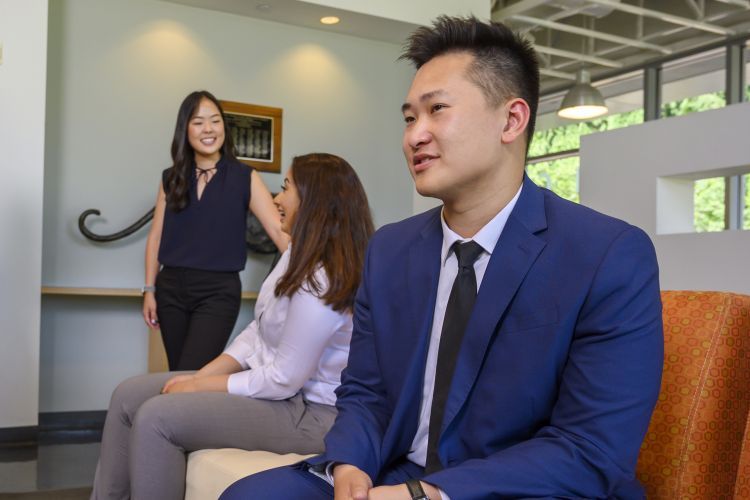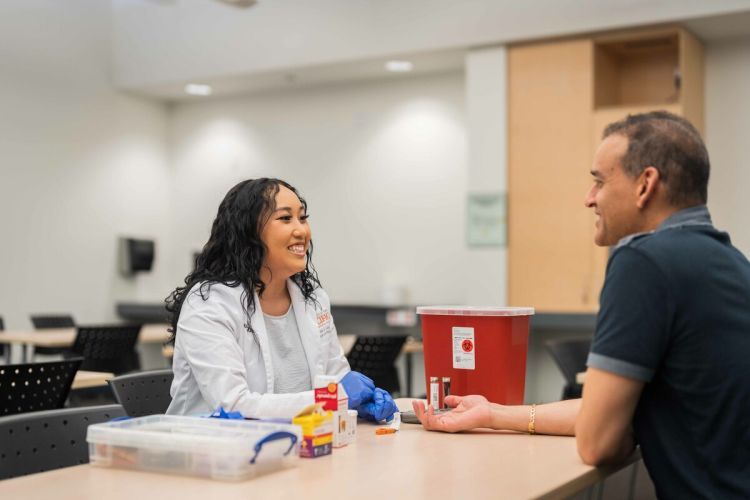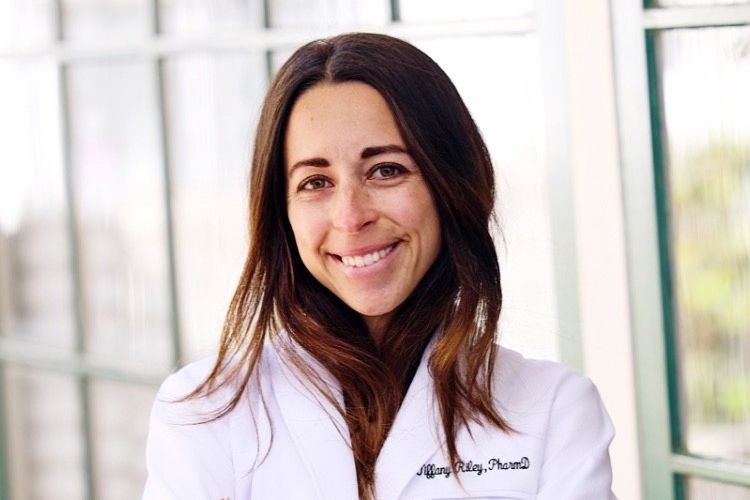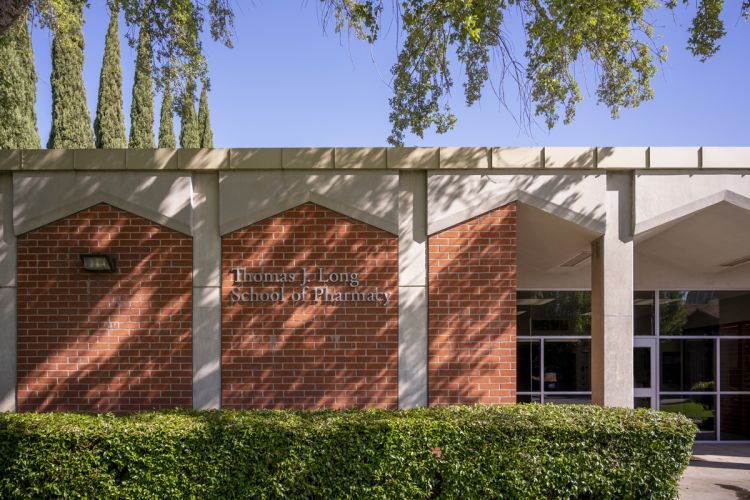Breadcrumb
Acing the PharmD interview process
Face-to-face interviews often are required as part of the doctor of pharmacy (PharmD) application process before students are accepted into their universities of choice. Interviews are a chance for applicants to express in person why they want to attend a particular school and share with interviewers how that university will help them achieve their goals. Interviews also help applicants learn on a more personal level about the school from faculty, staff and students.
At University of the Pacific’s Thomas J. Long School of Pharmacy, for instance, qualified PharmD applicants are invited to an interview that consists of individual meetings with a faculty member and a current PharmD student, completion of an essay, a presentation on the pharmacy program from a current student and a student-guided tour of the campus.
While each PharmD program may have a slightly different application process, there are enough similarities that preparing for a positive interview involves some common elements. Remember: The goal for applicants is to make a strong first impression during the interview to separate themselves from the competition and gain admission to their school of choice.

With that in mind, here are some proven tips to help applicants successfully navigate the PharmD interview process.
Fully complete the application
PharmD applicants should have completed all the prerequisites needed to be accepted into the university. Good grades are critical. Conversely, C’s or worse on core pre-pharmacy courses are a red flag to any interviewer.
Applications should clearly state why they are interested in becoming a pharmacist. Any information that shows exposure to and understanding of pharmacy practice also should be included as part of the PharmD application.
Applicants should be sure to give themselves enough time to complete the various forms and gather the necessary information so they meet all deadlines set by the university.
Research the university
Presumably, PharmD students already have done some background research on the universities in which they are interested before applying. In some cases, applicants may have even visited the campus. A formal interview, however, provides a prime opportunity for applicants to show their interest and excitement in a more personal way.
Applicants should approach the interview as a two-way street. The university is interviewing them for a coveted spot in its pharmacy program, just as the applicants are evaluating how they may fit in there. Applicants who ask insightful questions about information or topics not addressed on the school’s website or printed materials will stand out in an interviewer’s mind. Asking good questions also allows applicants to make a more informed decision if choosing between multiple institutions.
Be sincere
Though one-on-one interviews can be a stressful experience for applicants, the more they are able to calm their nerves and allow their genuine personality to shine through, the better. Veteran interviewers advise applicants to be interactive and sincere. At some universities, applicants will be asked to write an essay on a specific topic as part of the interview. This is another opportunity for applicants to convince the interviewer of their interest in the school as well as share their passion for their chosen profession.
Anticipate questions, practice answers
As with any kind of interview, thinking about the kinds of questions that are likely to be asked and crafting the appropriate answers ahead of time will serve applicants well. Applicants should practice their answers out loud. This is something that can be done with a family member, a friend or another trusted person — anyone who will provide honest feedback. Applicants shouldn’t feel compelled to memorize their responses; that can interrupt the flow of the interview and prevent their true personality from showing. It’s more important for them to make sure they highlight the key points of their background and convey their enthusiasm and excitement for the school to which they have applied as well as pharmacy as a career.
Take a tour, talk with current students
Many universities, like Pacific, pair applicants with current students to take a tour of the campus and, in some cases, even potential housing arrangements. This is a perfect opportunity for applicants not only to get a first-hand perspective of student life on campus, but also to ask questions about specific courses and faculty, the culture of the school, the support systems available to students and even what’s it like to live in a particular community.
Dress for success
It should go without saying that making a positive first impression includes choosing the right clothes to wear to an interview. Applicants should approach the meeting as if it is a job interview in a professional setting and dress appropriately. That means no jeans, T-shirts or casual clothing.
Arrive early
Being prompt is one way for applicants to show interviewers that they respect and value their time. It is always better to allow extra time for traffic, parking and any other unforeseen situations rather than being rushed. Arriving early also allows applicants to get a sense of the environment and gather their thoughts before the interview begins.
Thank the interviewers
Sending a handwritten thank you note — not an email — to the interviewers may feel old-fashioned in an age of digital communication, but it is a personal touch that can help applicants stand apart from the crowd. Such simple courtesies never go out of style.
The application and interview process is a pivotal time for PharmD students. Choosing a university is a key step in charting a successful career as a pharmacist. Many of the relationships built with professors, fellow students and alumni will last a lifetime. It’s important that PharmD applicants find an environment that will allow them to reach their full potential. A positive interview can help them make the best and most informed decision.





